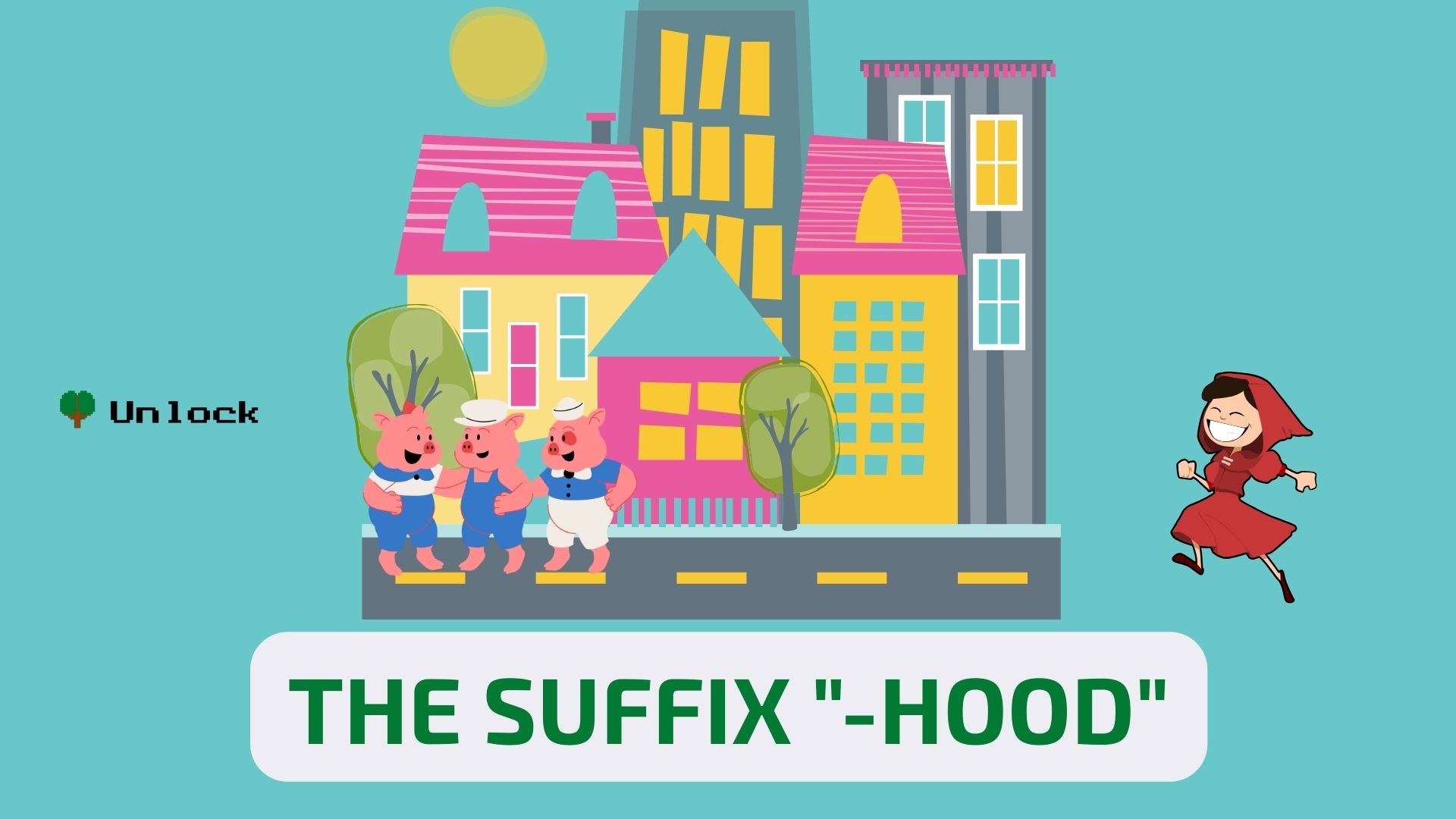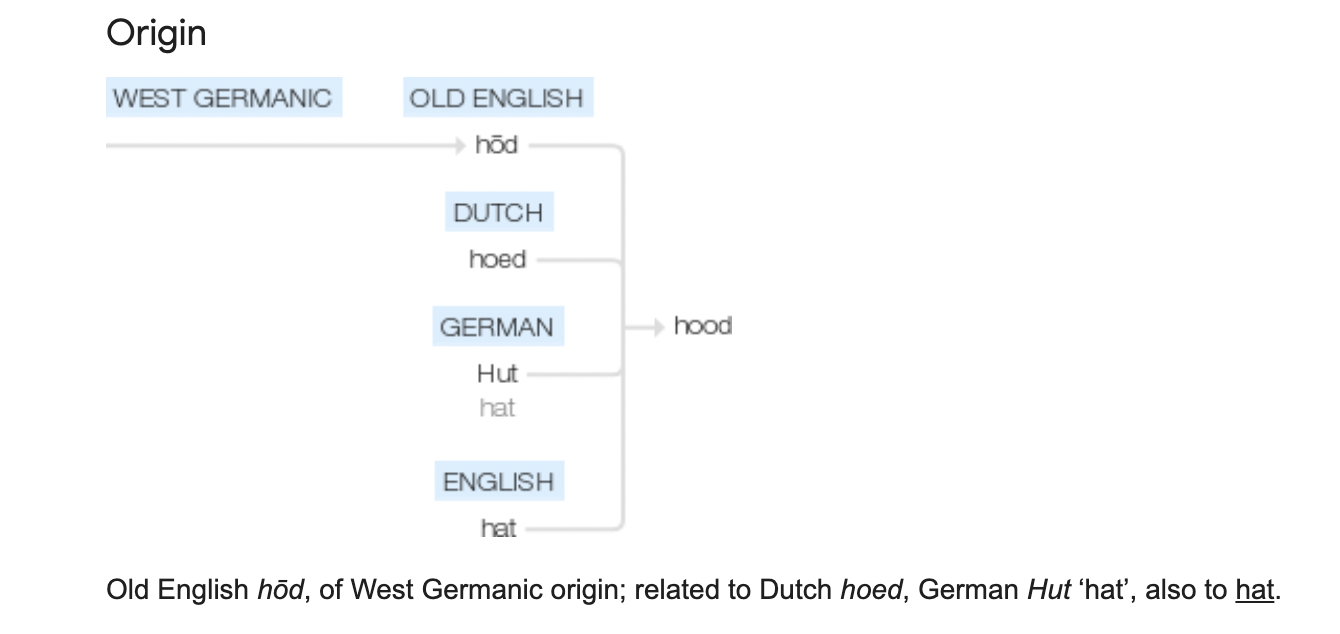
Learning Suffixes - The suffix "-hood"
The suffix "-hood" is used in English to indicate a state, condition, or quality, or to denote a group of people who share a particular characteristic. It essentially transforms a word into a noun referring to either the abstract state described by the root word or a community sharing that state.
Here's a breakdown:
1. State, Condition, or Quality:
- The suffix "-hood" can be added to nouns to express a state of being or a period of time.
- Examples include:
- childhood: The state or period of being a child.
- adulthood: The state of being an adult.
- falsehood: The state of being false or a lie.
- likelihood: The state of being likely.
- widowhood: The state of being a widow or widower.
- hardihood: The quality of being hardy or brave.
2. Group of People:
- "-hood" can also be used to denote a group of people who share a particular characteristic or are part of a specific community.
- Examples include:
- brotherhood: A group of men who share a close bond.
- sisterhood: A group of women who share a close bond.
- priesthood: The body of people ordained for religious duties.
- neighborhood: A group of people living in the same area.
- kinship: The state of being related.
Origin:
- The suffix "-hood" comes from Old English "-hād," which originally functioned as an independent noun meaning "person, condition, or quality," according to the Dictionary of Affixes.
- It's related to the Old High German suffix "-heit," which also signifies a state or condition.
In essence, "-hood" adds a layer of meaning to a word, indicating either the state or condition described by the root word or the community associated with it.
Hood meaning:
noun
noun: hood; plural noun: hoods
1. a covering for the head and neck with an opening for the face, typically forming part of a coat or sweatshirt.
"a jacket with a detachable hood"
- Falconry
- a leather covering for a hawk's head.
2. a thing resembling a hood in shape or use.
verb: hood; 3rd person present: hoods; past tense: hooded; past participle: hooded; gerund or present participle: hooding.

-
.png)



.jpg)


